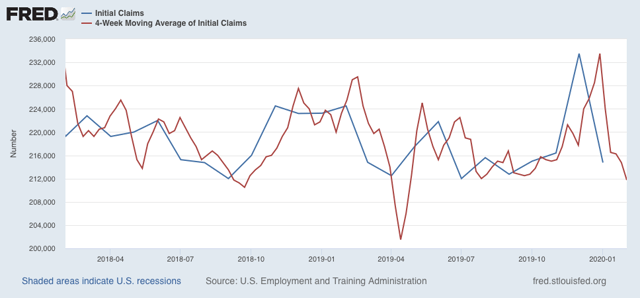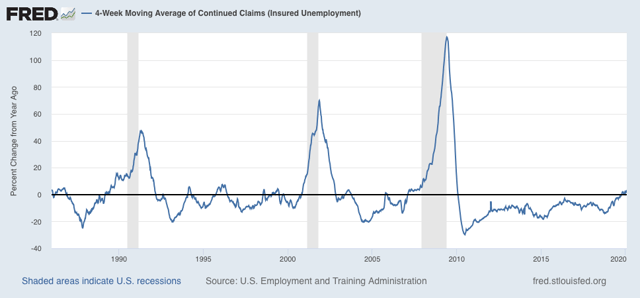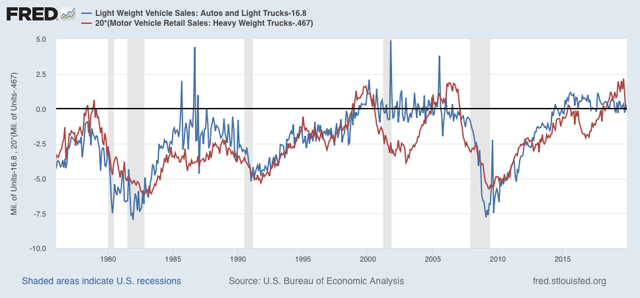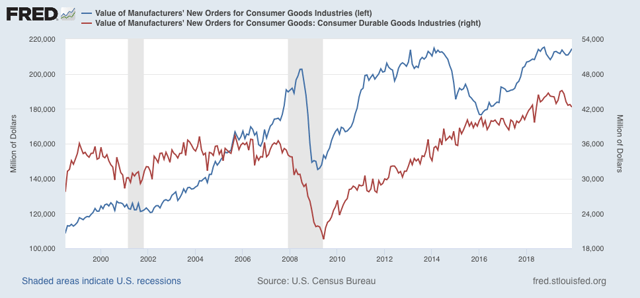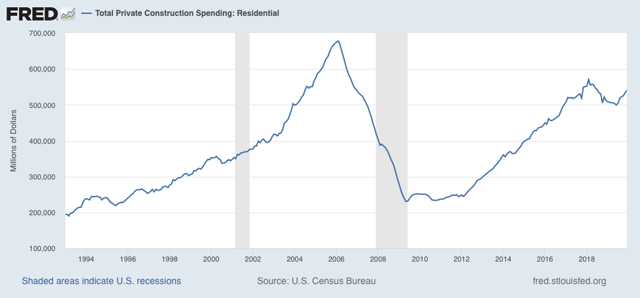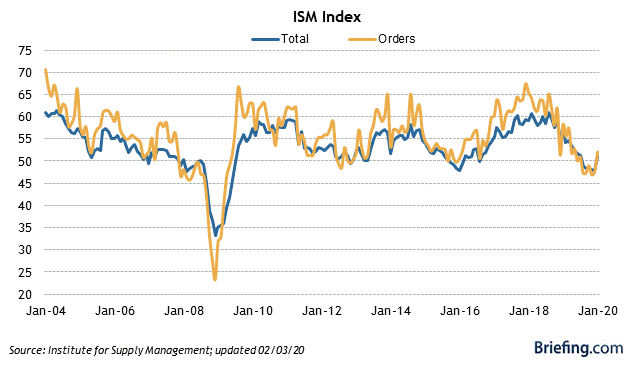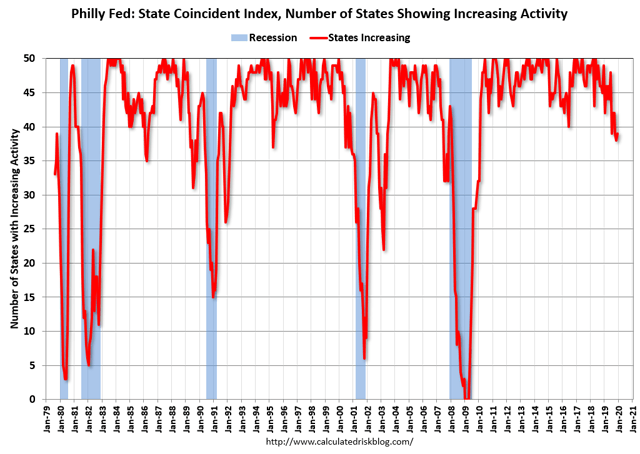- by New Deal democrat
Note: I fell a little behind on this project. I hope to be fully up to date by the end of this weekend.
On February 8 and 9, 1869, the Senate did something I daresay it would never consider now: it pulled an all-nighter! Despite numerous requests to adjourn, the session ran nearly 24 hours straight, only ending at about 11:30 AM on the 9th (and picked up again at 1 pm).
The text goes on for close to 100 pages, so I can only hope to hit a few highlights here. Numerous subjects were addressed.
Several members, e.g., Sen. Hendricks again posited that the Congress did not have authority even to amend the Constitution if it impinged on the ability of States to pass laws with regard to suffrage:
On February 8 and 9, 1869, the Senate did something I daresay it would never consider now: it pulled an all-nighter! Despite numerous requests to adjourn, the session ran nearly 24 hours straight, only ending at about 11:30 AM on the 9th (and picked up again at 1 pm).
The text goes on for close to 100 pages, so I can only hope to hit a few highlights here. Numerous subjects were addressed.
Several members, e.g., Sen. Hendricks again posited that the Congress did not have authority even to amend the Constitution if it impinged on the ability of States to pass laws with regard to suffrage:
There is a particular proposition in the Constitution of the United States that it may be amended. Where ... does the power of amendment stop? I say the power of amendment is limited to the correction of defects that might appear in the practical operations of the Government; but the power of amendment does not carry with it the power to destroy one form of overnment and establish another.
This was a small minority opinion, which was quite sensibly met with the Supremacy Clause. For example, here is Sen. Freylinghuysen:
All that is proposed by this amendment is to permit the people of this country to determine whether suffrage as to this numerous class [African Americans] be destroyed. It does not take away from the States the right to regulate. It leaves the States to declare in favor of or against female suffrage; to declare that a man shall vote when he is eighteen or when he is thirty-five; to declare that he shall not vote unless possessed of a freehold, or that he shall not vote unless he has an education and can read the Constitution.
A few members also declaimed on the inferiority of black people:
I think they are the only normal conditions that the negro, as a race, can ever occupy. I have known him as an ignorant savage from Africa with only the faintest lights of reason and intelligence; I have known him as a comparatively intelligent and contented slave, and I have known him as a political vagabond hovering under the shadow of the Freedman’s Bureau [i.e., Frederick Douglass].... He is inferior in physical condition, in mental and moral endowment, to the white race or to the yellow race. Every ethnologist knows it. Every man who is acquainted with the negro practically and from experience knows it.
This argument too went nowhere. The overwhelming sense was that intellect was distributed widely among all races of people, and if lack of intelligence were to be a disqualification, then millions of whites should also be disqualified:
Intelligence and virtue are not the distinctive characterizations of races; they are not peculiar to any race; they are not monopolized by nor wholly excluded from any people on the round earth. Intelligence and virtue are individual possessions, inconstant qualities varying ad infinitum among the individuals of every people ....
Nearly hysterical rants that heathen Chinese immigrants to the West Coast States should not be allowed to vote were made:
Another amendment ... is to make this amendment inapplicable to persons of foreign birth. The reasons for this proposition, doubtless, is that those States which are on or near the Pacific Coast dread the immigration of Asiatics.... I am not in favor of giving the rights of citizenship or the right of suffrage to either pagans or heathens. I believe that the history of this country, and its laws as well as the spirit of its people, declare just as clearly that this is a Christian as well as a free country; and I am not in favor of taking steps backward into the slough of ignorance and of vice, even under the cry of progress.
These were also met with arguments of equality, and that if anything, the Chinese were far more intellectually capable of voting than uneducated slaves:
[H]ow can you contend in favor of giving this power to the African race if you deny it to the Chinese? You know that the Chinese are far in advance of the African in point of civilization. You know that, in comparison with the Chinaman, the African is inferior. You know that in point of industry the testimony of all men upon the western coast in relation to the Chinaman is that he loves industry; that he loves to labor. He is trained to labor and habits of industry and habits of frugality and economy that are most remarkable.
Relatedly, a proposed change to limit the amendment’s applications to Africans was made, by Senator Howard of Nevada. His proposed amendment read:
Citizens of the United States of African descent shall have the same right to vote and hold office in States and Territories as other citizens, electors of the most numerous branch of their respective Legislatures.
This was defeated. Among other things, how much African blood was necessary to qualify one as of African descent was seen as a stumbling block.
Reminiscent of the argument for 18 year olds’ voting 100 years later, the fact that 1000s of slaves had volunteered to fight for, and died for, the union cause was a potent argument that they had earned the right to protect their equality via the power of the vote:
During the war we were all very glad to witness the alacrity with which the negroes flocked to our standard. He was deemed good enough to stand shoulder to shoulder with us on the bloody field, but now that the time of trial is past too many are prone to forget the lesson learned in the hour of danger, and to conclude that the negro, though good enough to die for liberty, is far too inferior a being to enjoy its full blessings now that it is permanently won.
Perhaps the primary argument made was that embraced by Frederick Douglass, that the right to vote was the “completion” of the eradication of slavery, that would enable the freed slaves to prevent the rollback of their rights by the States:
No class, no race is truly free until it is clothed with political power sufficient to make it the peer of its kindred class or race and enable it to resist the contingencies of popular emotion.——
It is of ...[the] great[est] importance to have our liberties and our rights secured, guarantied, chartered, and written in the Constitution, so that we can maintain them and leave them to our posterity. Therefore I desire to see that the important measure which we are now considering made a part of the fundamental law of the land.
—-
[I]t is certain that this Government was founded on the idea that all political power was vested in the people; not a third of a half or a fraction, but all of the people.
—-
Black men are denied the right to hold office now; the next step will be to take from him the ballot; and the next his freedom.
...[T]his question [must] be definitely and permanently settled .... Certainly no one here can desire to see repeated the issue then presented, of the naked sword, or a repudiation of the act of emancipation, and of all the guarantees of protection which the Government had vouchsafed to its friends in the late rebellious States.
The only sure protection of this nation against the ultimate re-establishment of that institution, is by the adoption and rigid maintenance in all the States of the doctrine of impartial suffrage.
Source: Congressional Globe, 4oth Congress, 3rd Session, pp. 978-1014
I will update this post with identifying information as to the speakers and some further comment tomorrow.
